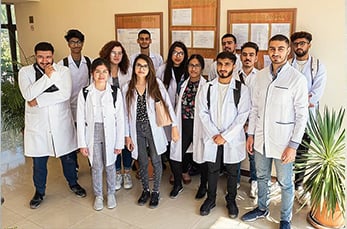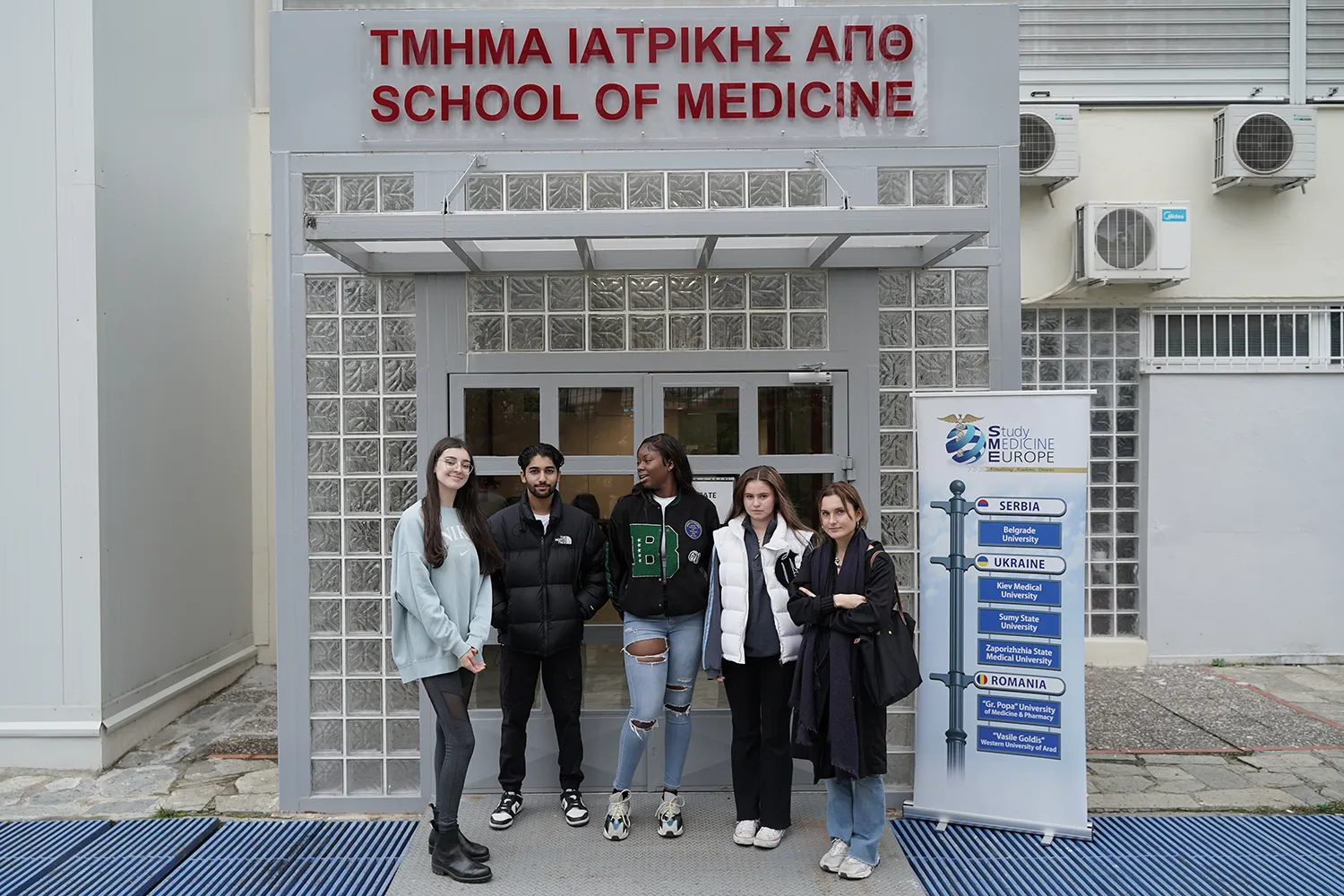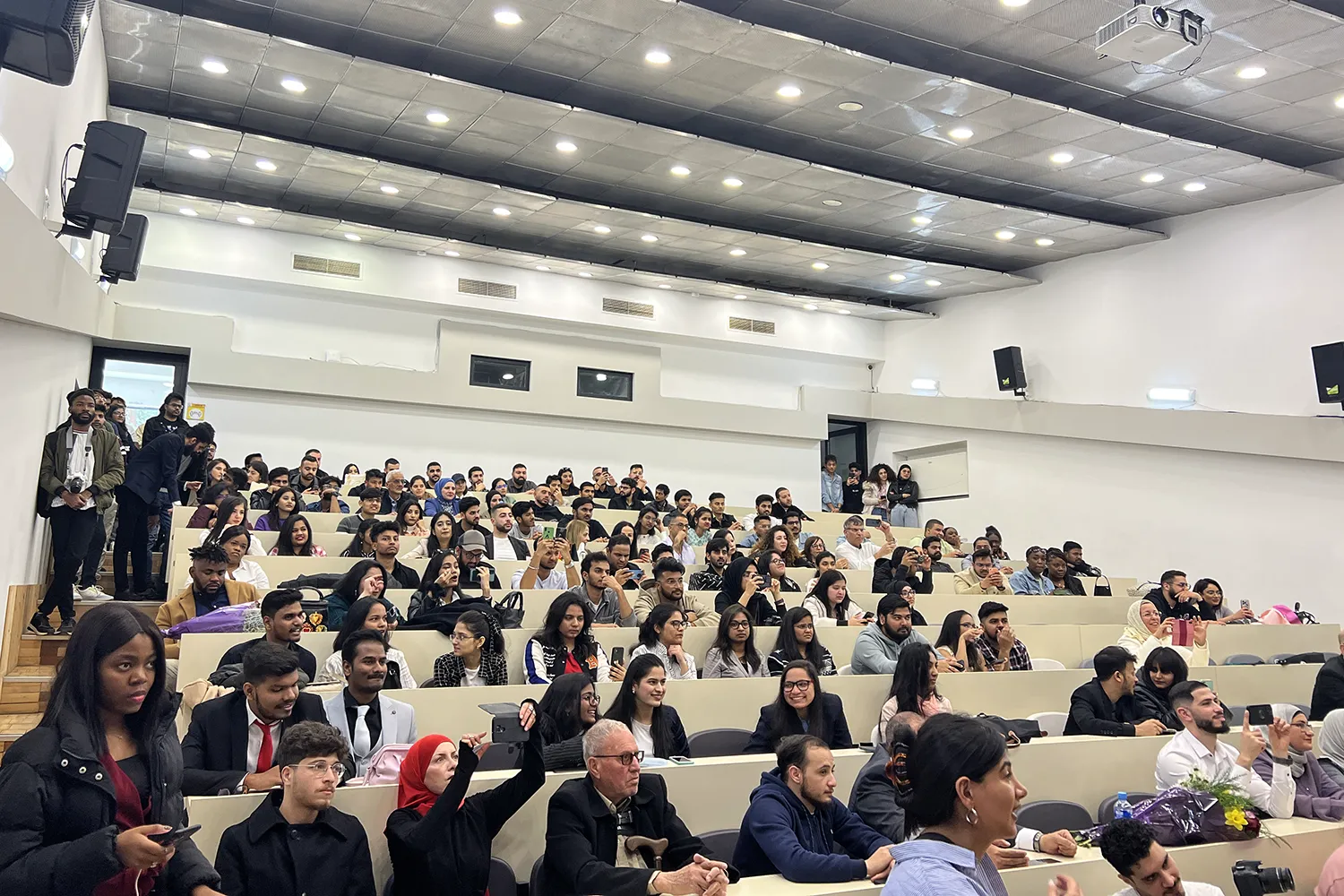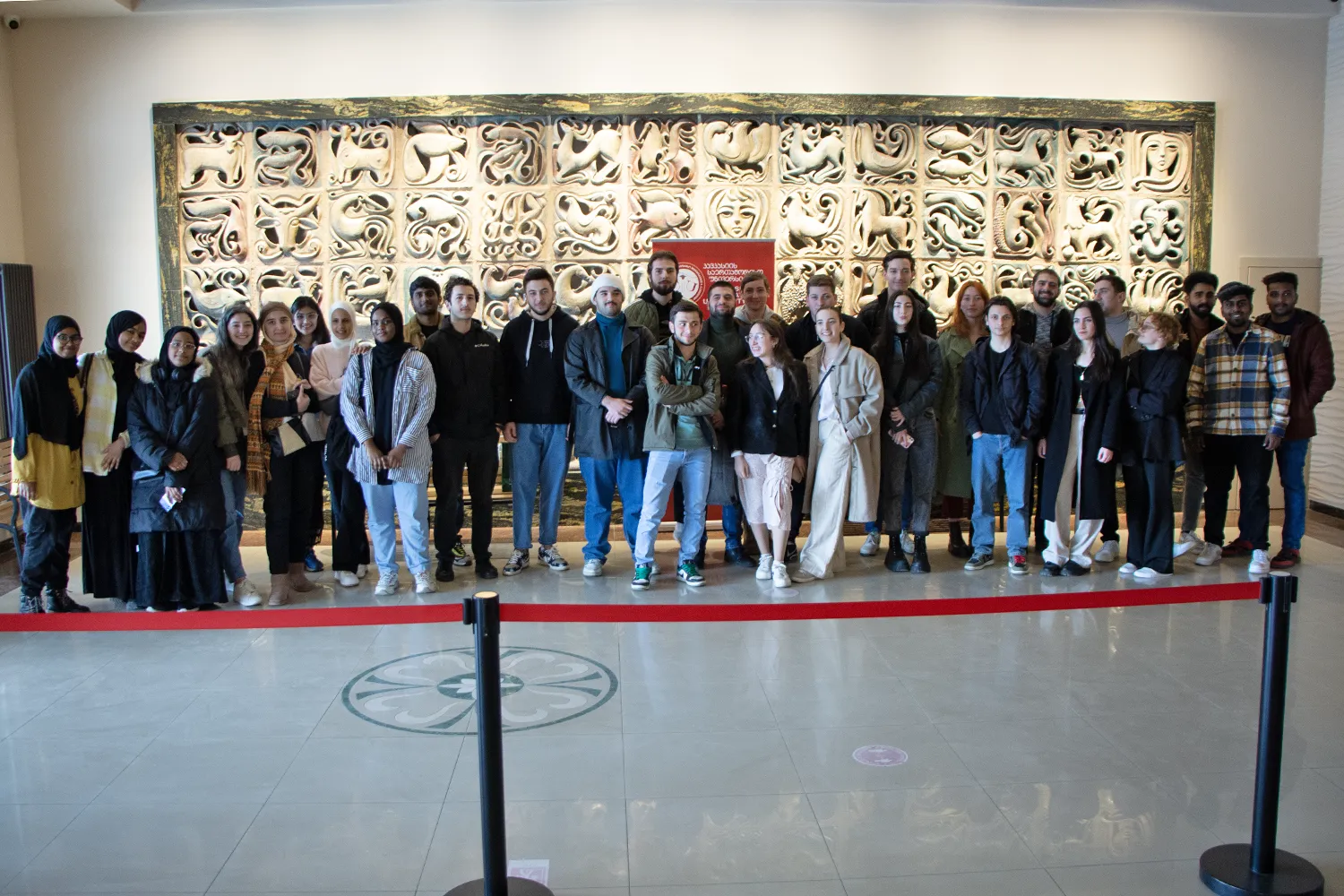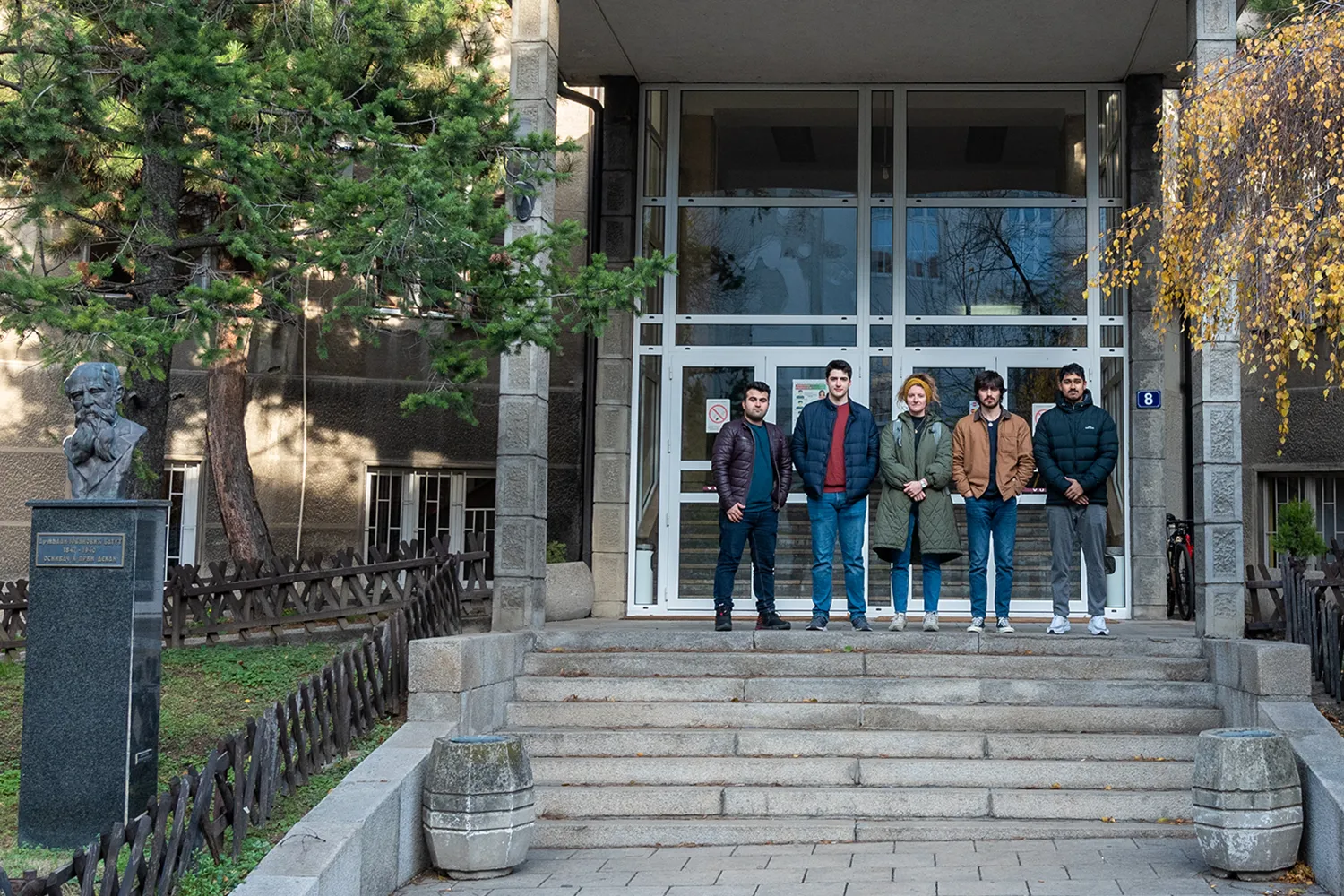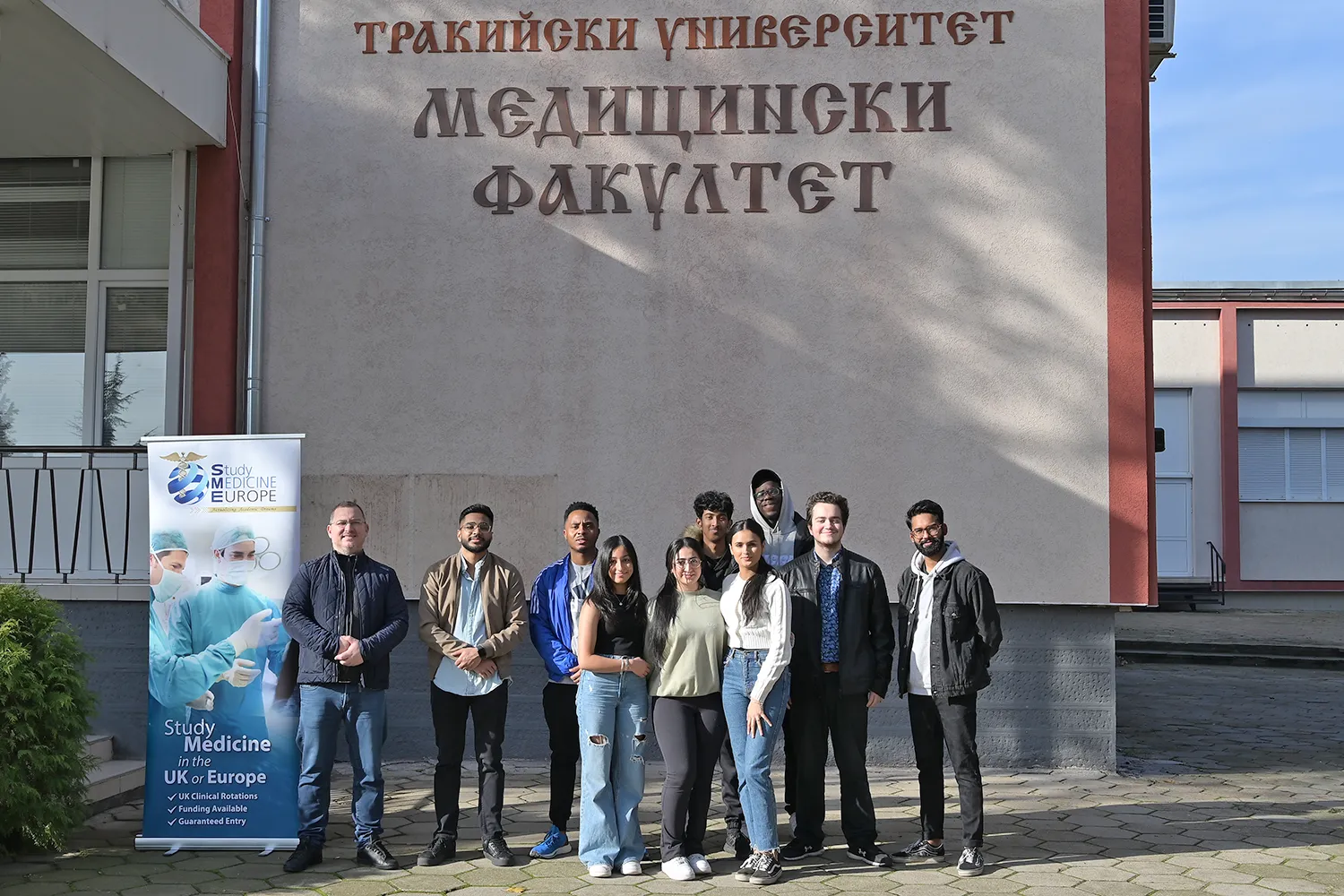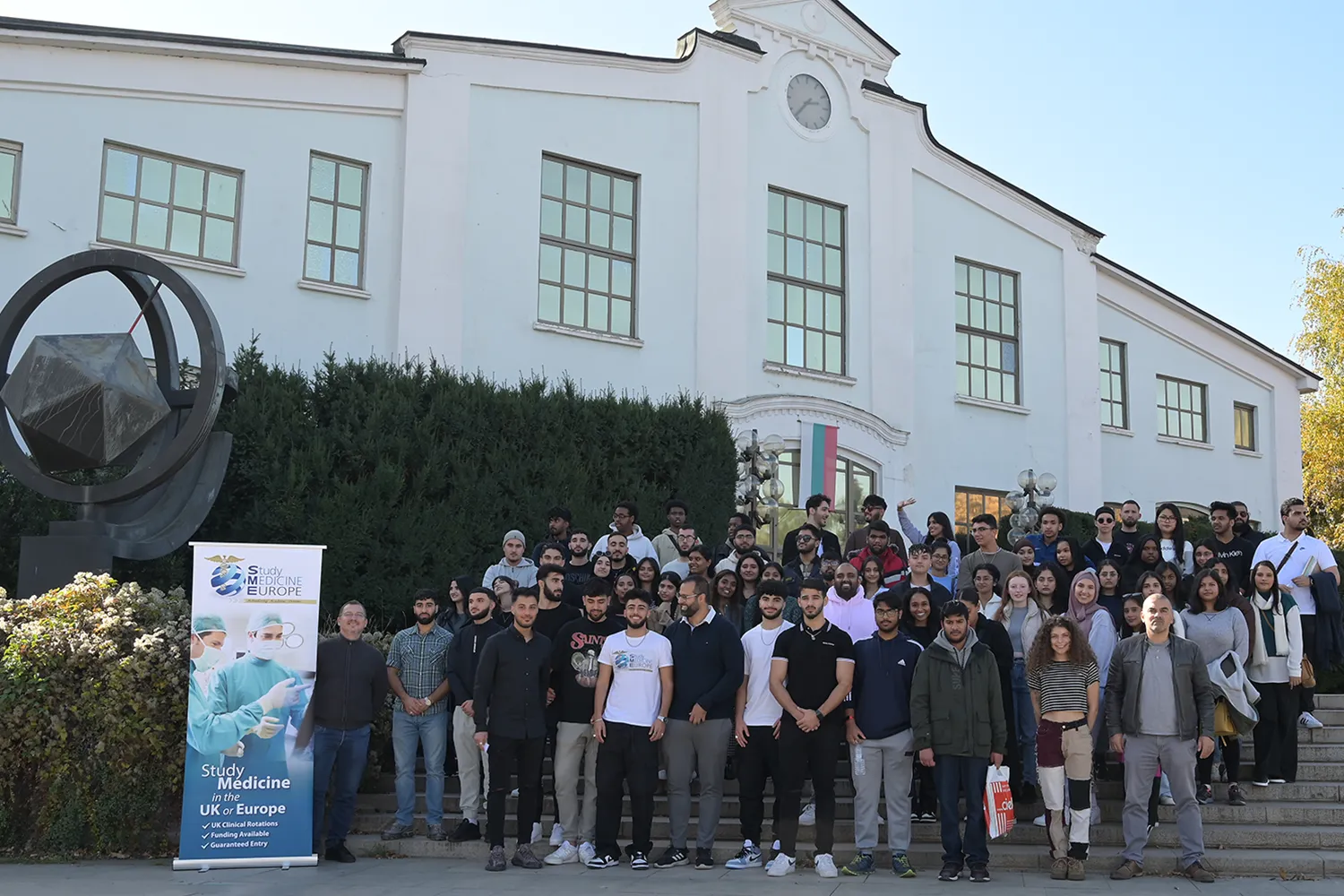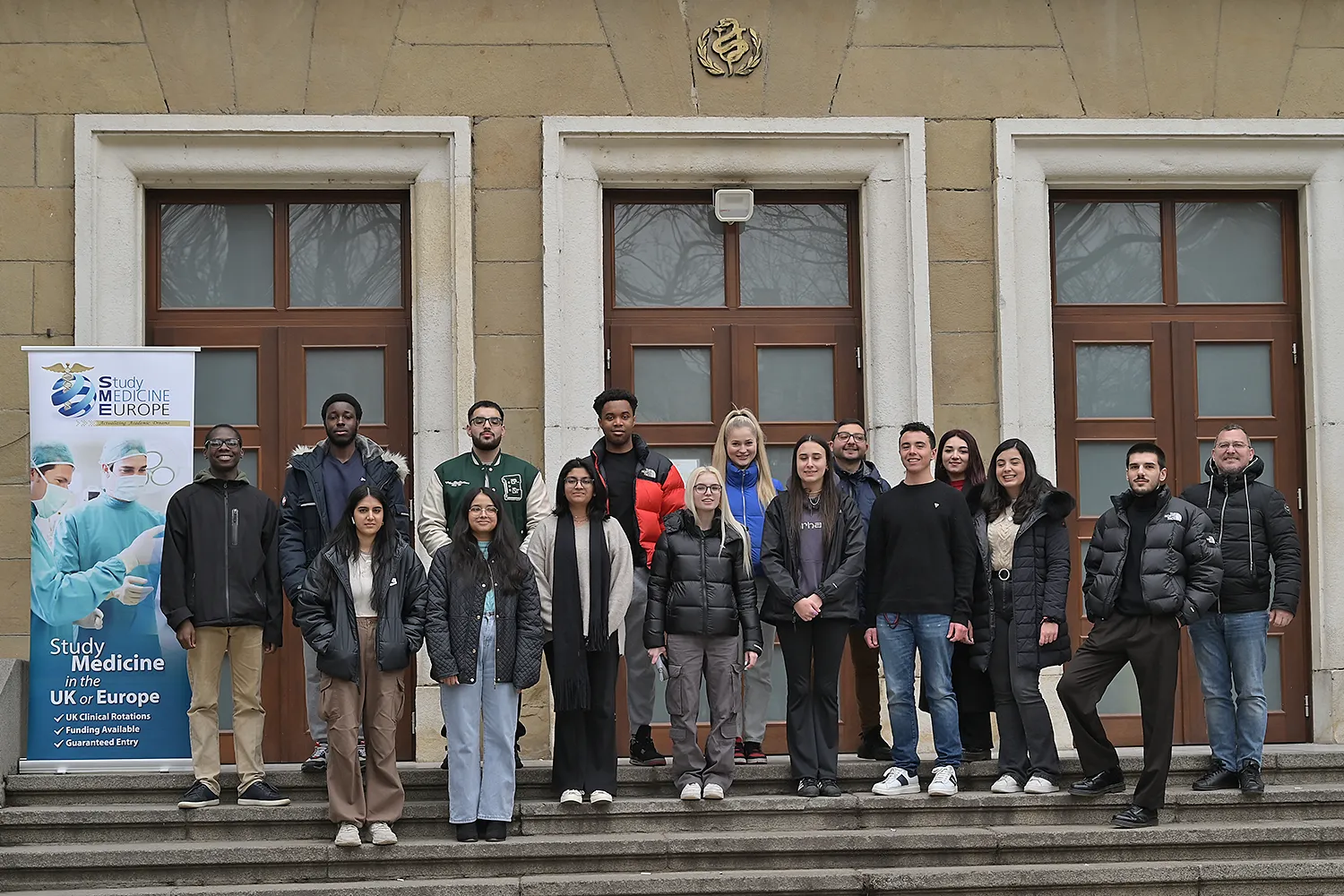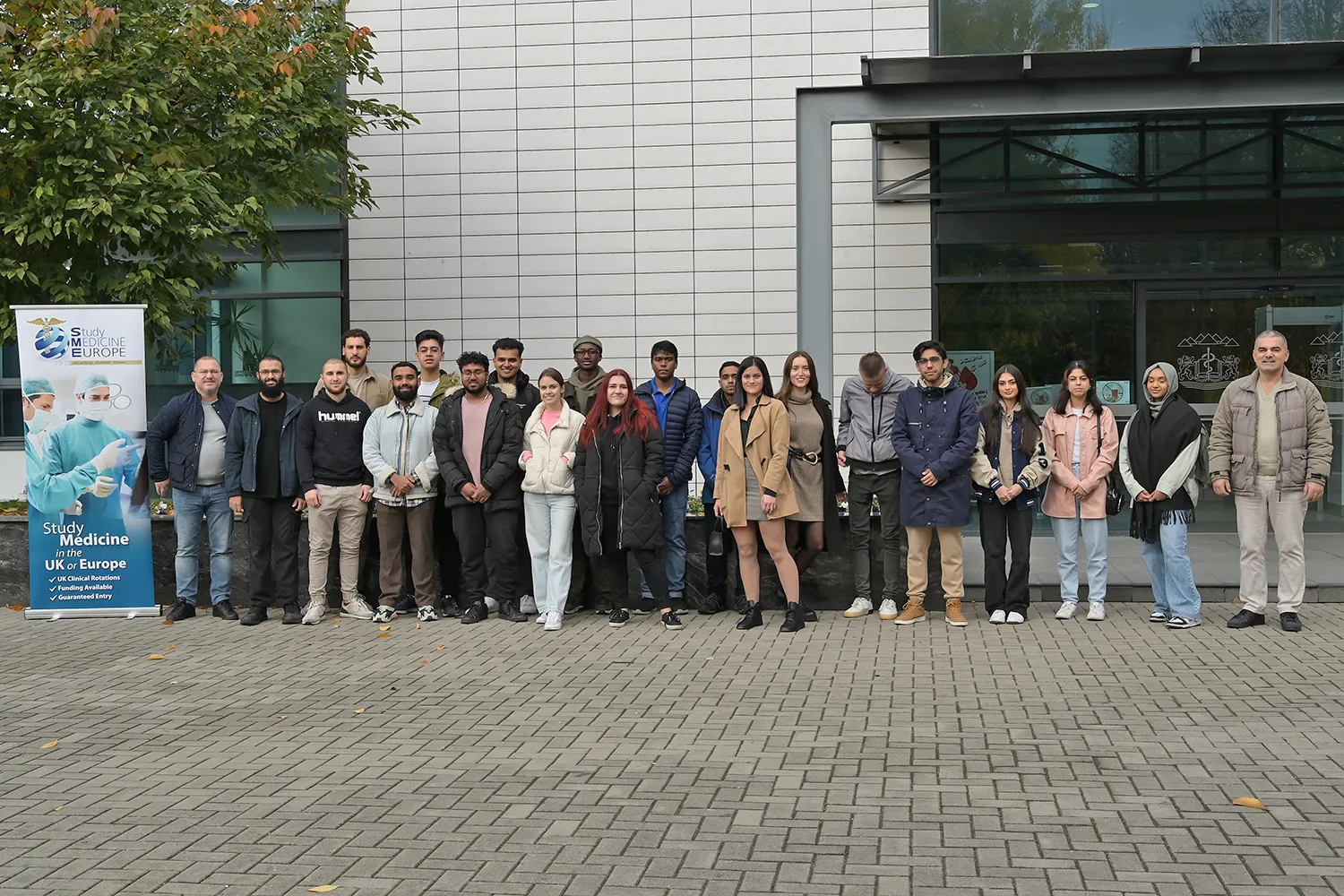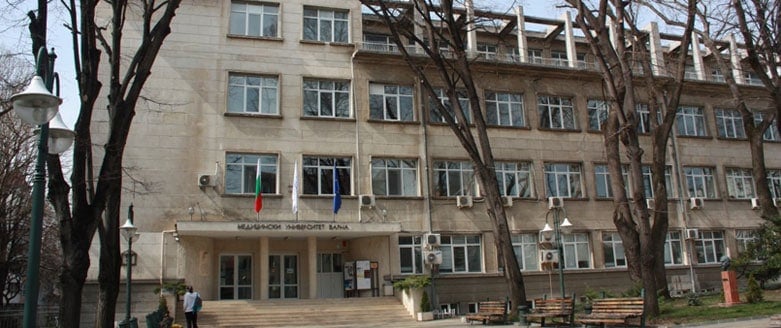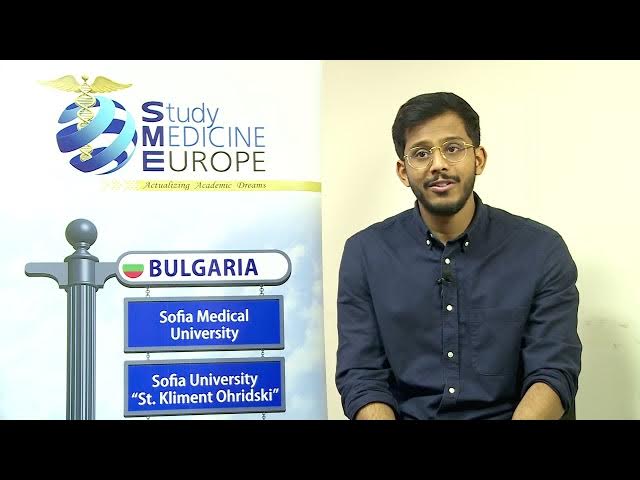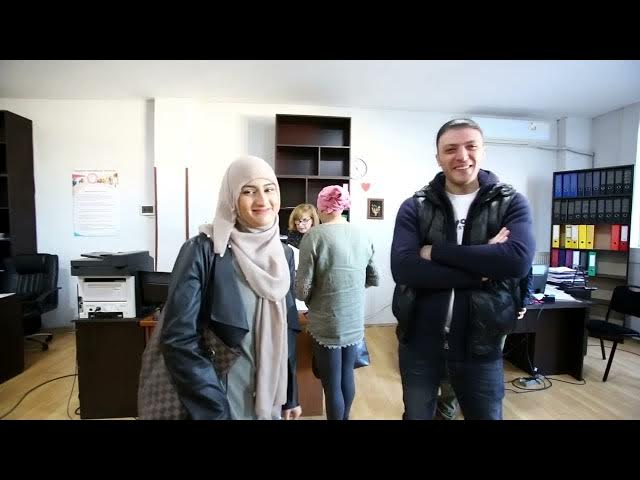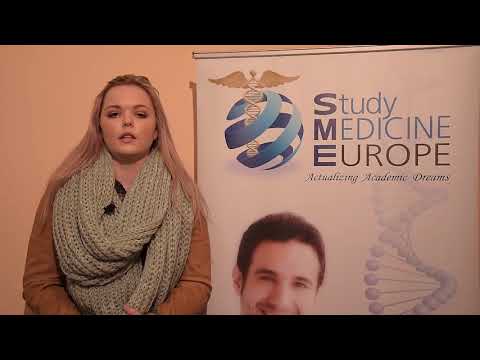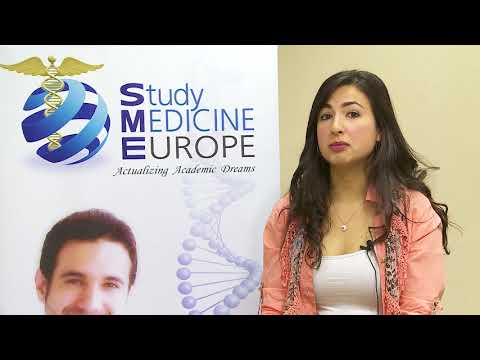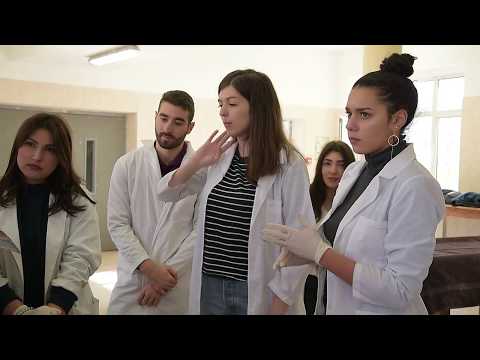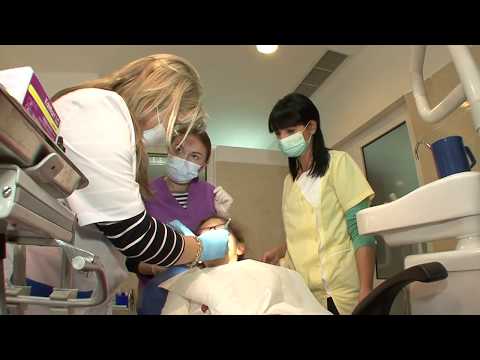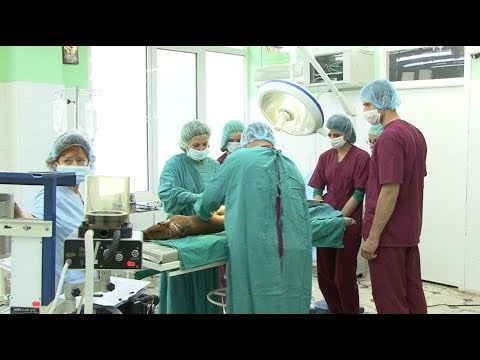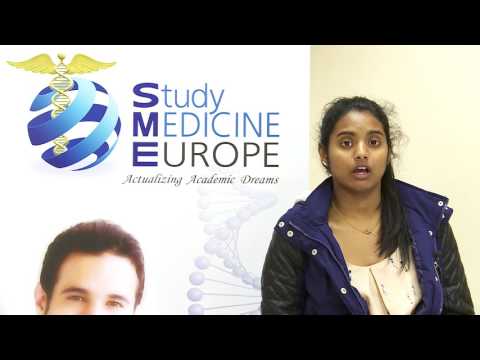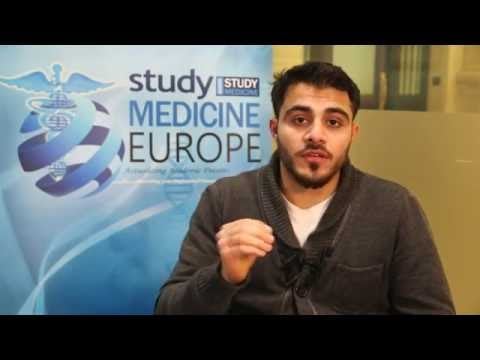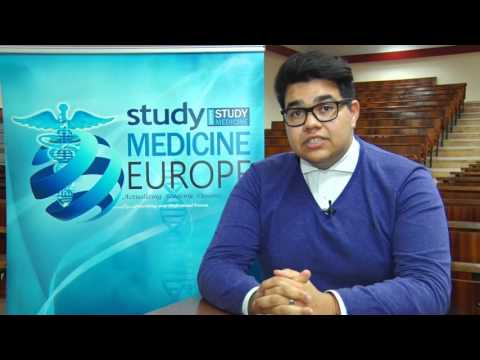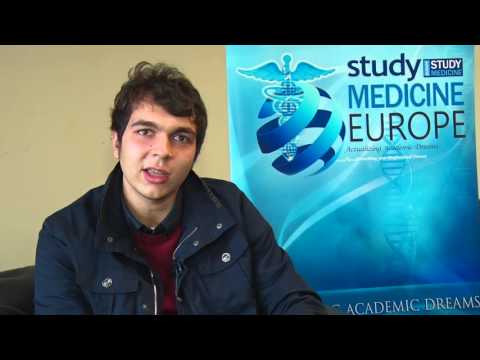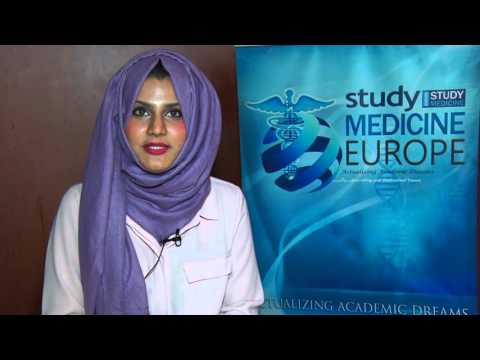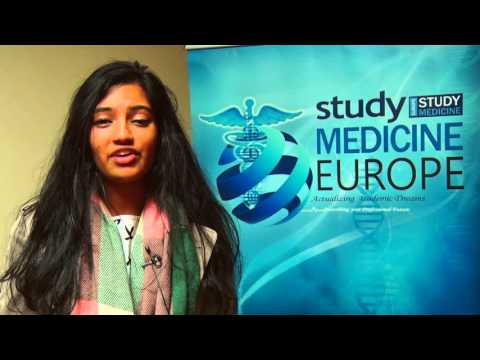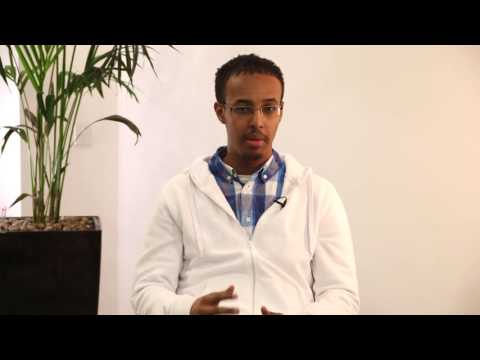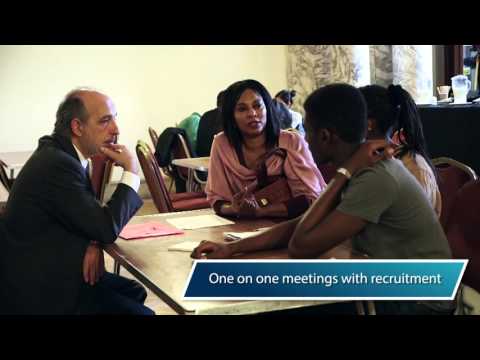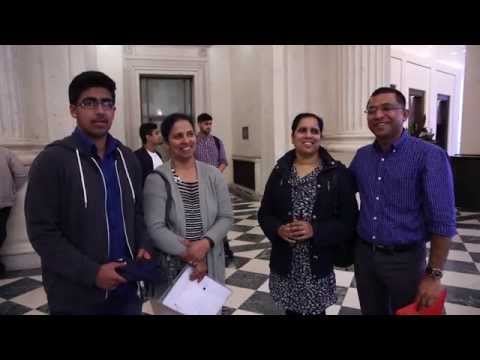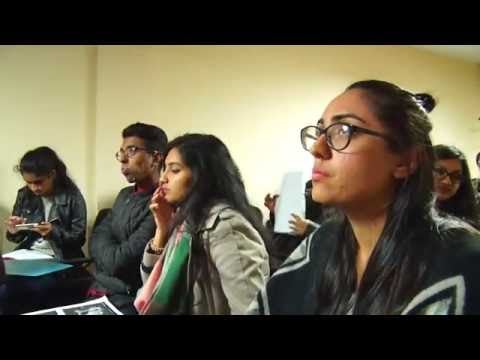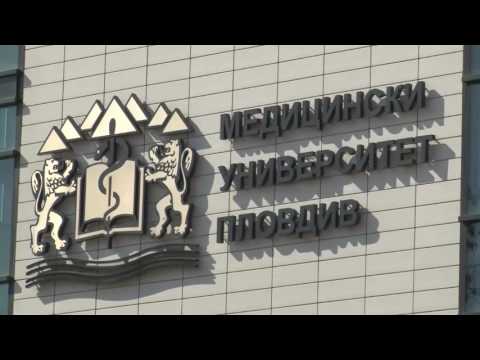Why Study Medicine in English at Varna Medical University?
Admission
Exams in Biology & Chemistry
Tuition fees
€9,000/year
Undergraduate Entry
6 Years
Intake
October
Funding
Not Available
Graduate Entry
Not Available
+Why Choose Varna Medical University?
- Varna Medical University was established in 1961. It comprises four schools (Medicine, Dentistry, Pharmacy and Public Health), an administrative section, a Medical College and four hospitals.
- It offers bachelor programs in each of its four schools, as well as a range of postgraduate courses. It is especially regarded within the EU in the domain of Diagnostic and Therapeutic Education.
- Since its foundation, more than 9,300 students from Bulgaria and 45 other countries have graduated from the university.
- The university employs 380 professors, deputies and assistant professors, many of whom boast world renown.
- The institution has its own publication history, which includes the scientific magazine ‘Scripta Scientifica Medica’.
- The campus is very easy to access and is located centrally in Varna, which has been voted Bulgaria’s best city.
- It offers excellent sporting facilities, including soccer fields and basketball courts.
+What does the 6-Year Medicine course involve?
- The Medicine course lasts for six years, spanning 10 semesters of academic training, and is taught entirely through English.
- The first two years of the programme focus on pre-clinical study and theory, with the following three years concentrated mainly on clinical study.
- The final year of the course is an internship year consisting of 310 days of medical rotations prior to graduating. During this internship year, students are required to sit state exams for licensing.
- Students will also undertake mandatory summer practical internships in years 2-4.
- When students fulfil the requirements of the academic programme and final year internship, in addition to passing state exams, they are granted the professional qualification of Physician or Doctor of Medicine (MD) and awarded a Master’s degree which is recognised worldwide.
- Many graduates choose to stay in Bulgaria after graduation to pursue their medical career, while others will either return to their home country or continue their medical career elsewhere.
- There are currently thousands of medicine practitioners who graduated from universities in Bulgaria.
+How much does the programme cost?
| Programme | Programme Starts | Annual Fees () |
|---|---|---|
| Medicine | October | 9,000 |
| Living Costs | Monthly () | Annually () |
|---|---|---|
| Rent | 175–305 | 2100–3600 |
| Food | 90–135 | 1080–1620 |
| Utility Bills (Electricity, Gas &Water, Internet) | 90–100 | 1080–1620 |
| Transportation | 23 | 276 |
| Health Insurance | 28–38 | 336–460 |
| Total | 400–600 | 4800–7200 |
+Admission to Varna Medical University
Candidates must submit the following documents:
- Completed application form including brief biographical data, educational history and any courses for which the candidate is applying.
- Copy of a diploma confirming completion of secondary education, with an academic transcript stating the disciplines studied.
- Document issued by relevant authorities which certifies the right to continue education in higher schools and universities in the country of origin of the secondary school attended by the candidate.
- Health certificate issued no more than one month prior to application and verified in the country from which the candidate is applying.
- Two 4-5cm photographs.
+Life in Varna
- Varna is Bulgaria’s third largest city, with a population of 334,870. It is located in the northeast of Bulgaria, 370km from the capital city of Sofia, and is adjoined by Lake Varna and two man-made waterways connecting it with the Black Sea.
- It is regarded as Bulgaria’s maritime capital, as it is the biggest city on the country’s coastline, along with being a popular tourist destination and a hub of economic activity.
- It was annexed by the Ottoman Empire in the 15th century and remained under their control for more than 400 years prior to Bulgaria’s liberation in 1878. It was briefly renamed Stalin in the early 1950s in honour of the Soviet leader.
- Popular sightseeing attractions include the 19th century Euxinograd Palace, Archaeological Museum, Naval Museum, Roman baths, Battle of Varna Museum and Sea World, along with many beautiful churches.
- Varna is known for its love of arts and music, with more than 20 arts and music festivals taking place in the city every year, making it one of Europe’s most cultural places.
+Life in Bulgaria
- Bulgaria is a country in the southeast of Europe with a population of around 7.5 million. Its capital city is Sofia, a city with a booming economy which has a population of 1.5 million.
- It is regarded as a hub for economic activity and has been rendered a strong industrial and agricultural market economy.
- Since gaining democratic status in 1990, the country has undergone a transformation which has seen a thriving economy and modernised education system, with its universities considered among the best in Europe.
- Bulgaria joined the European Union in 2007.
- It also has a very low cost of living compared to other EU member states, making it a popular location for students from all over the world.
Watch Our Videos
Real Success StoriesOpen DaysEntry ExamsNetworking Events
Reviews
+ 2023
2023
+ 2022
2022
+ 2021
2021
+ 2020
2020
+ 2019
2019
+ 2018
2018
+ 2017
2017
+ 2016
2016
+ 2015
2015
+ 2014
2014









